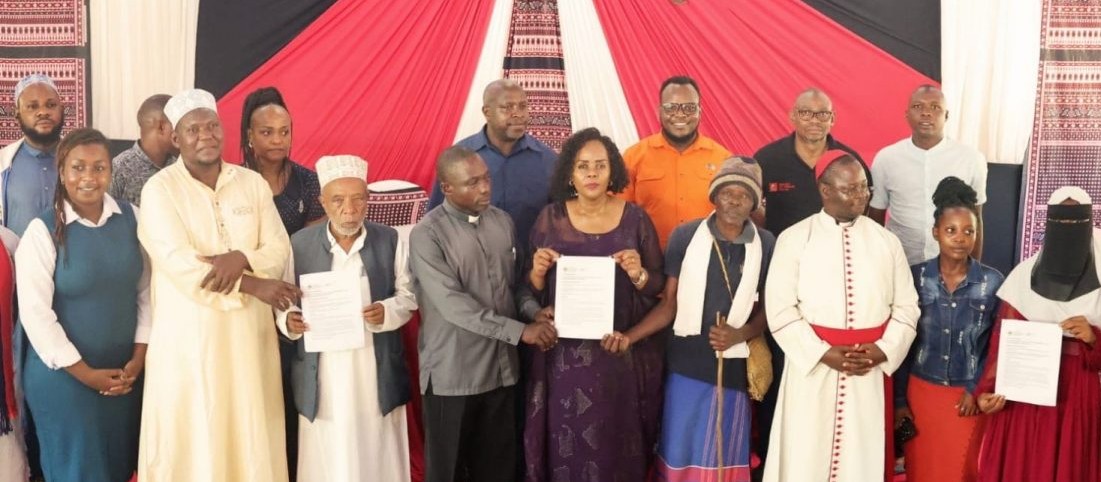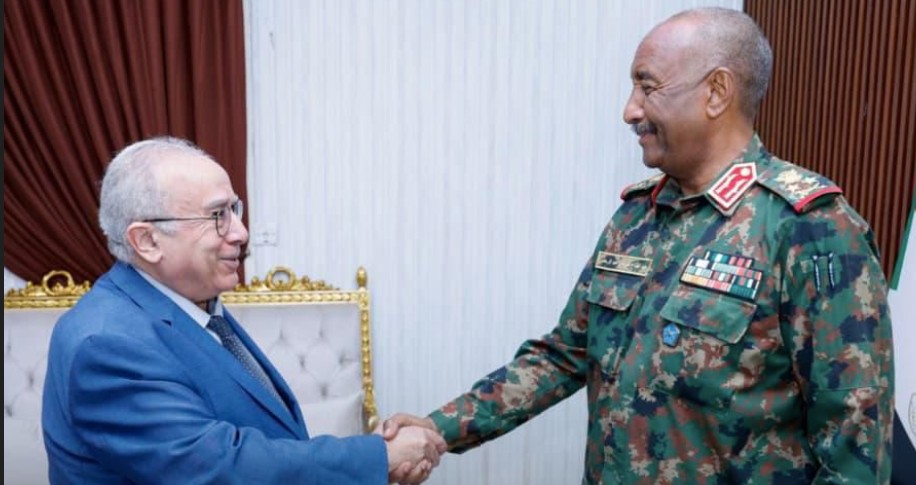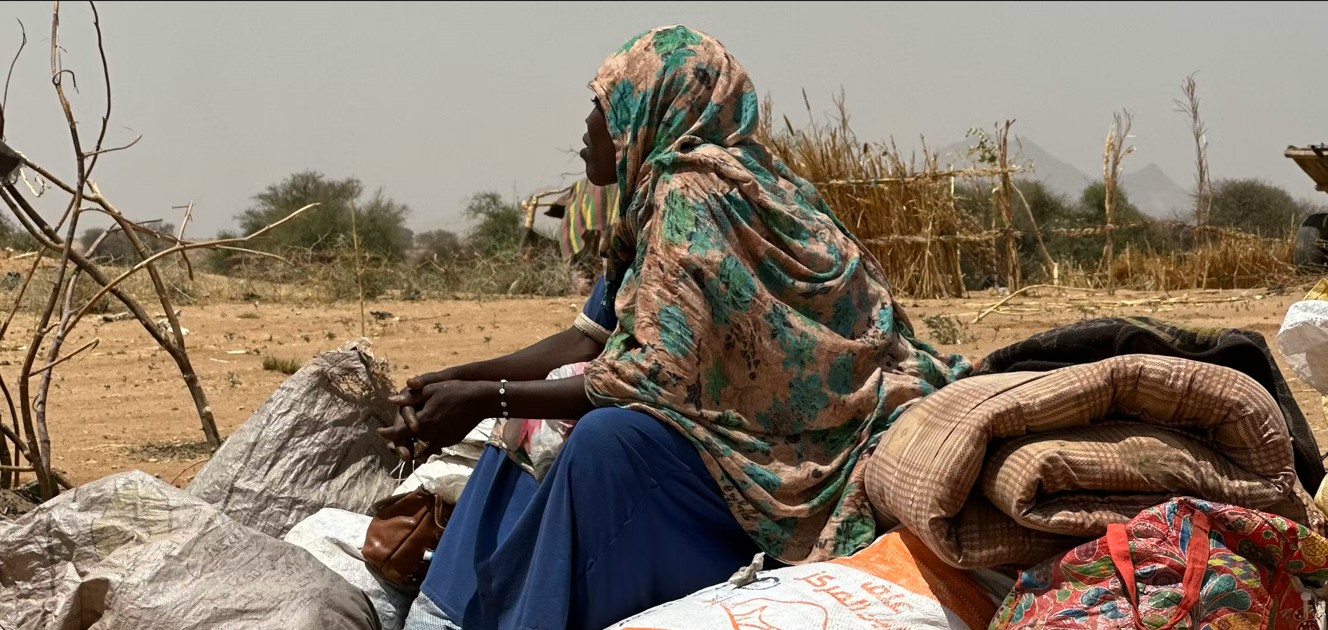Kilifi religious leaders unite to tackle early marriage and gender inequality in bold new campaign

The Health Hub Project is part of a global movement by Faith to Action Network, a consortium of over 215 religious organisations in 38 countries, championing family health, gender justice, and peaceful coexistence.
Religious leaders in Kilifi County have joined forces to confront entrenched social norms fuelling early marriage and gender inequality, intending to protect the rights and future of adolescent girls and young women.
A multi-faith coalition launched a campaign at Pwani University under the Interfaith Adolescent Girls’ Health Hub Project to dismantle harmful cultural practices and empower religious leaders to advocate for girls’ rights, education, and well-being.
More To Read
- Faith under fire: How social media fuels rising attacks on religions, followers in Ethiopia
- Marine research centre launched in Malindi to boost coastal conservation
- Digital platforms fuel sexual exploitation of women in Kenya - report
- Religious leaders reject state bid to regulate faith-based groups, cite threat to worship freedom
- Blame game as Kilifi County, Coast Water Works Agency clash over water shortage
- Six medical staff, Kilifi clinic charged with defrauding SHA of over Sh2 million
Faith to Action Network CEO Peter Munene decried the high school dropout rates and emphasised the role of religious leaders in shaping community mindsets.
“Faith leaders hold unmatched influence at the grassroots level. This project is not just another initiative, it’s a commitment to restoring dignity and promoting health and equality for our young people,” Munene remarked.
The initiative focuses on three pillars challenging harmful social norms around gender and adolescent sexuality, which are strengthening faith-based advocacy and documenting community-led strategies that can influence national policy.
Early marriages
Findings released by Faith to Action Network reveal a grim reality, with only 17.5 per cent of girls in Kilifi transitioning from primary to secondary school education, with early marriages cited as a primary cause.
The research highlights that nearly 47.5 per cent of girls aged 13 to 18 are subjected to child marriage, painting a stark picture of gender disparities in the region.
Implemented in Magarini and Rabai, the Health Hub Project is part of a global movement by Faith to Action Network, a consortium of over 215 religious organisations in 38 countries, championing family health, gender justice, and peaceful coexistence.
Muslim cleric Hassan Ali Kapombe added that while Islamic teachings may recognise marriage following traditional rites of passage, Kenya’s legal framework must also be respected.
“It is our duty to align religious principles with national laws. A girl must reach the legal age and possess a national identification before marriage. This safeguards both our faith and our daughters’ rights,” said Hassan.
Parents and community leaders
Kilifi Deputy Governor Flora Chibule underscored the central role of parents and community leaders in steering the moral direction of the youth amid a fast-changing digital era.
“Technology is here to stay, but the responsibility of instilling values remains with us. Parents must assume their duty in protecting and guiding their children, more so than even faith institutions,” Chibule stated.
She further expressed concern over the ongoing crisis of early pregnancies, noting that they continue to obstruct girls’ educational journeys. However, she affirmed the county’s interventions to ensure such setbacks do not lead to permanent exclusion from learning.
“We have established systems that enable young mothers to return to school, whether primary or secondary. For those who prefer alternative paths, we have set up Vocational Training Colleges where even those with only a Class Eight certificate can enrol and acquire marketable skills,” she explained.
The Kilifi launch illustrates a growing recognition of faith institutions not just as centres of worship, but as catalysts for transformative social change.
Top Stories Today














































